When it comes to comfort food, few dishes are as soothing and wholesome as a bowl of moong dal khichdi. Light on the stomach yet packed with nutrients, it’s often the first food recommended during recovery, illness, or pregnancy. Among all dals, moong dal (green gram) holds a special place in Indian kitchens and Ayurveda alike. Known for its easy digestibility, high protein content, and gentle effect on the digestive system, moong dal becomes a natural choice for women who are pregnant, postpartum, or preparing their bodies for conception.
Why Moong Dal is a Superfood for Pregnancy
Moong dal is one of the richest vegetarian sources of protein, an essential nutrient during pregnancy as it supports the rapid growth of your baby’s tissues and organs. It is also abundant in folate (Vitamin B9), which is crucial in the early weeks of conception to prevent neural tube defects (American Pregnancy Association). Additionally, moong dal provides iron and magnesium, which help maintain healthy hemoglobin levels and reduce fatigue — common challenges faced by expectant mothers. Since it is low in fat and high in fiber, moong dal supports smooth digestion, prevents constipation, and maintains stable blood sugar levels — a big plus for women managing gestational diabetes.
How Much Moong Dal is Safe in Pregnancy
Pregnant women or those trying to conceive can safely enjoy moong dal several times a week as part of a balanced diet. On average, one medium bowl (about 30–40 grams raw moong dal before cooking) provides adequate protein without overwhelming the digestive system. Moderation is key: while moong dal is gentle and nourishing, overconsumption of any one food can lead to imbalance. Including it in different forms — khichdi, dal soup, or sprouted moong — ensures variety while reaping its benefits. Always pair it with ghee (if not avoiding fats), rice, or vegetables for a wholesome, balanced meal.
Khichdi – A Healing, No-Oil Comfort Bowl
What makes moong dal khichdi particularly healing is its simplicity. Cooked with rice and gentle spices, it becomes a complete meal that is warm, light, and restorative. For pregnant women battling nausea, bloating, or acidity, this no-oil version is especially comforting because it provides energy without heaviness. Ayurveda also recommends moong dal khichdi as a sattvic dish — calming for both the body and mind. Whether you’re nourishing yourself in pregnancy, recovering post-delivery, or simply craving something warm and healthy, a bowl of moong dal khichdi feels like a hug in a bowl — truly healing from the inside out.
Why Moms Love It:
This moong dal khichdi is light on the stomach but full of nutrition — perfect for busy moms, postpartum recovery, or when you just need a hug in a bowl.
Made without oil or ghee, this version still tastes heavenly and supports digestion, immunity, and energy levels.
Yields:
2 Servings
Prep time:
10 mins
Total time:
20 mins
🛒 Ingredients:
- ½ cup yellow moong dal (washed and soaked 15 mins)
- ½ cup rice OR millet (like barnyard/kodo/little millet)
- 1½ cups chopped vegetables (carrot, beans, bottle gourd, spinach — whatever you have!)
- ½ tsp turmeric powder
- 1 tsp cumin seeds (optional)
- 1 inch ginger, grated
- Salt to taste
- 4 cups water
- Optional: pinch of asafoetida (hing), curry leaves, coriander for garnish
🥄 Method:
Step 1: Prep Ingredients
- Wash and soak 1 cup moong dal and ½ cup rice or millet for 15 minutes.
- Chop your choice of veggies (carrot, beans, zucchini, spinach, etc.).
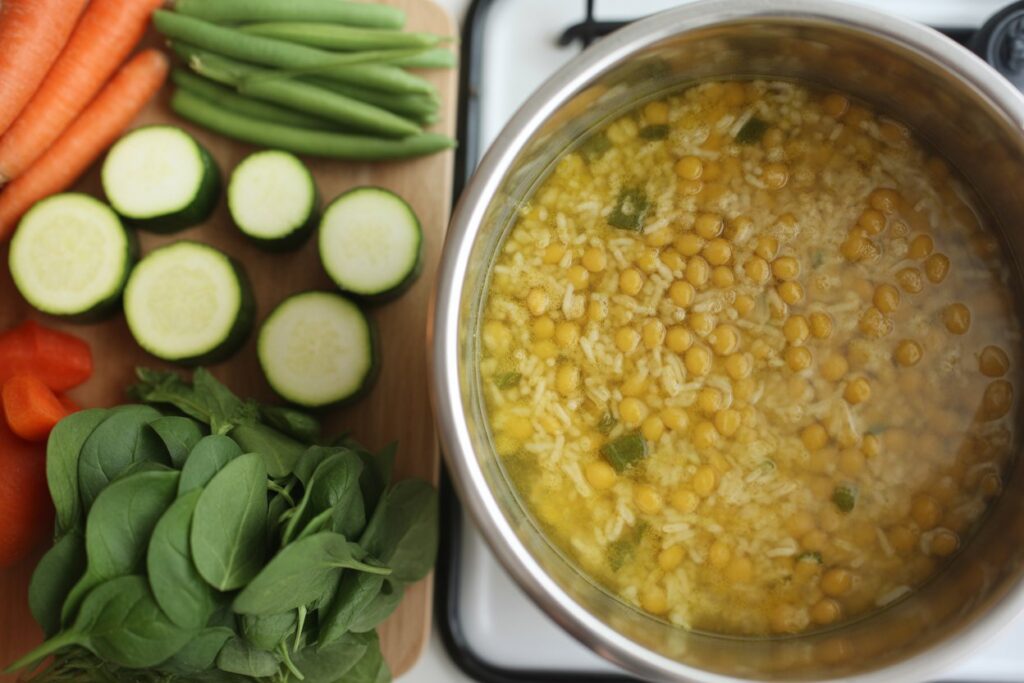
Step 2: Combine & Pressure Cook
- In a pressure cooker, add the soaked dal and rice, chopped veggies, ½ tsp turmeric, ½ tsp cumin seeds, a small piece of grated ginger, and salt to taste.
- Pour in 4 cups water, close the lid, and cook for 3–4 whistles on medium heat.
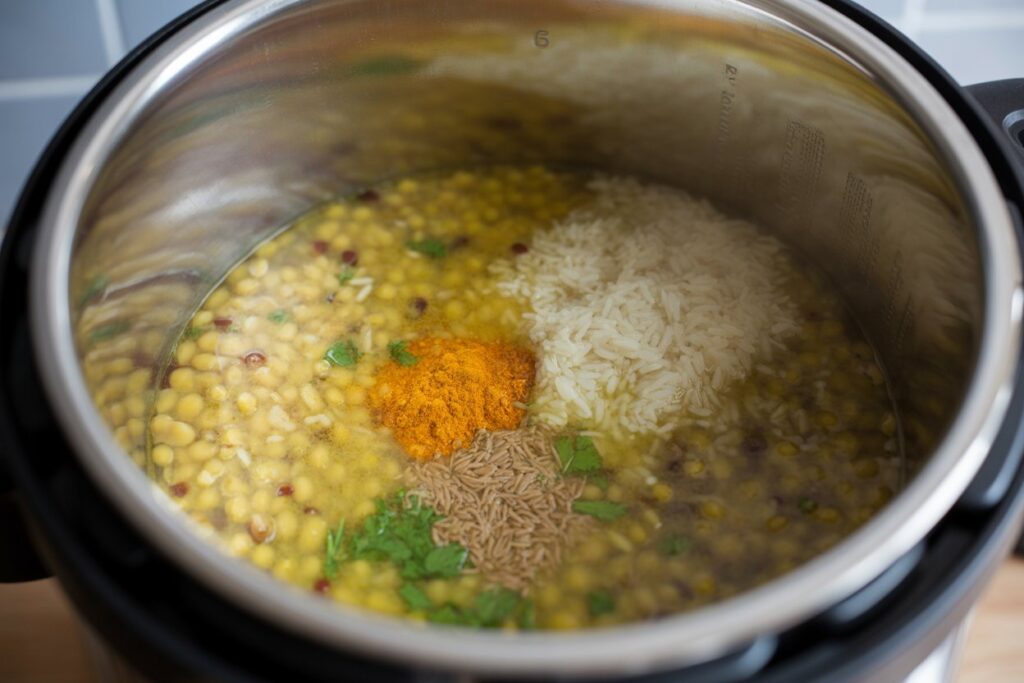
Step 3: Let It Settle & Mash
- Allow the pressure to release naturally.
- Open the lid carefully, mash lightly with a ladle or spoon, and check consistency.
- Add hot water if you prefer a thinner khichdi.
Step 4: Garnish & Serve
- Garnish with chopped coriander or a dash of lemon juice.
- For postpartum moms, a spoon of cow ghee can be added if advised by your doctor.
- Serve warm as a nourishing comfort meal.
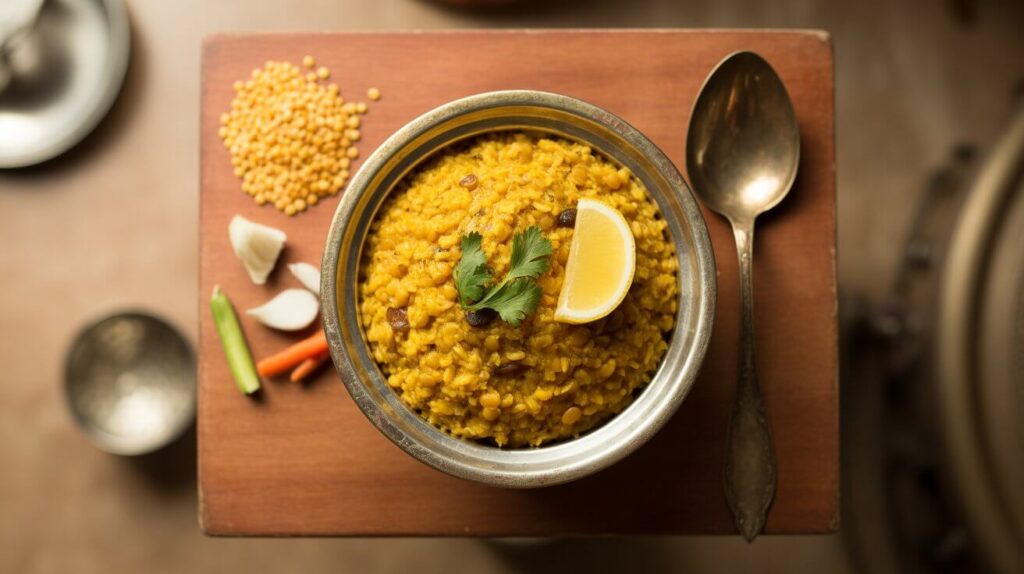
Health Benefits:
Protein-Rich for Growth & Recovery
Moong dal is one of the best vegetarian sources of high-quality protein, which makes it especially valuable during pregnancy and postpartum. Protein supports the growth of the baby’s tissues, placenta, and maternal blood supply. For new mothers, it also aids in recovery and helps maintain strength while breastfeeding. Unlike heavier dals, moong dal protein is light on digestion, so you get the nourishment without the bloating.
Gut-Friendly & Easy to Digest
Digestive discomfort is very common during pregnancy and after delivery. Moong dal is naturally low in fat and high in fiber, which promotes smooth bowel movements and prevents constipation. Its easy digestibility makes it suitable even for those with a sensitive stomach or low appetite. That’s why khichdi is often recommended as the first solid food for babies and as a healing food for adults recovering from illness.
Cleanses & Calms the System
In Ayurveda, moong dal is considered tridoshic — balancing for all body types. It is believed to gently detoxify the body, remove excess heat, and calm the digestive system. The sattvic quality of moong dal khichdi makes it not only physically healing but also mentally grounding, helping reduce restlessness and irritability. For expecting mothers, this sense of calm and balance is deeply nourishing.
Lactation-Safe & Nourishing for Moms
For breastfeeding mothers, moong dal khichdi is a gentle, milk-boosting food. It provides energy, hydration, and nutrients without causing heaviness or acidity. Combined with rice and mild spices, it forms a balanced meal that supports milk production while being safe for the baby’s delicate digestion. Many traditional postpartum diets include moong dal for this reason.
Pure & Sattvic — No Oil, No Onion, No Garlic
This no-oil version of moong dal khichdi is as pure and healing as it gets. By avoiding onion, garlic, and heavy seasonings, the dish retains its sattvic nature — calming, grounding, and easily digestible. It is ideal for moms-to-be, new mothers, and anyone looking for a cleansing yet nourishing meal that feels light on the stomach and warm to the soul.
This content is for educational purposes only and not a substitute for professional medical advice. Please consult your doctor for personalized guidance.

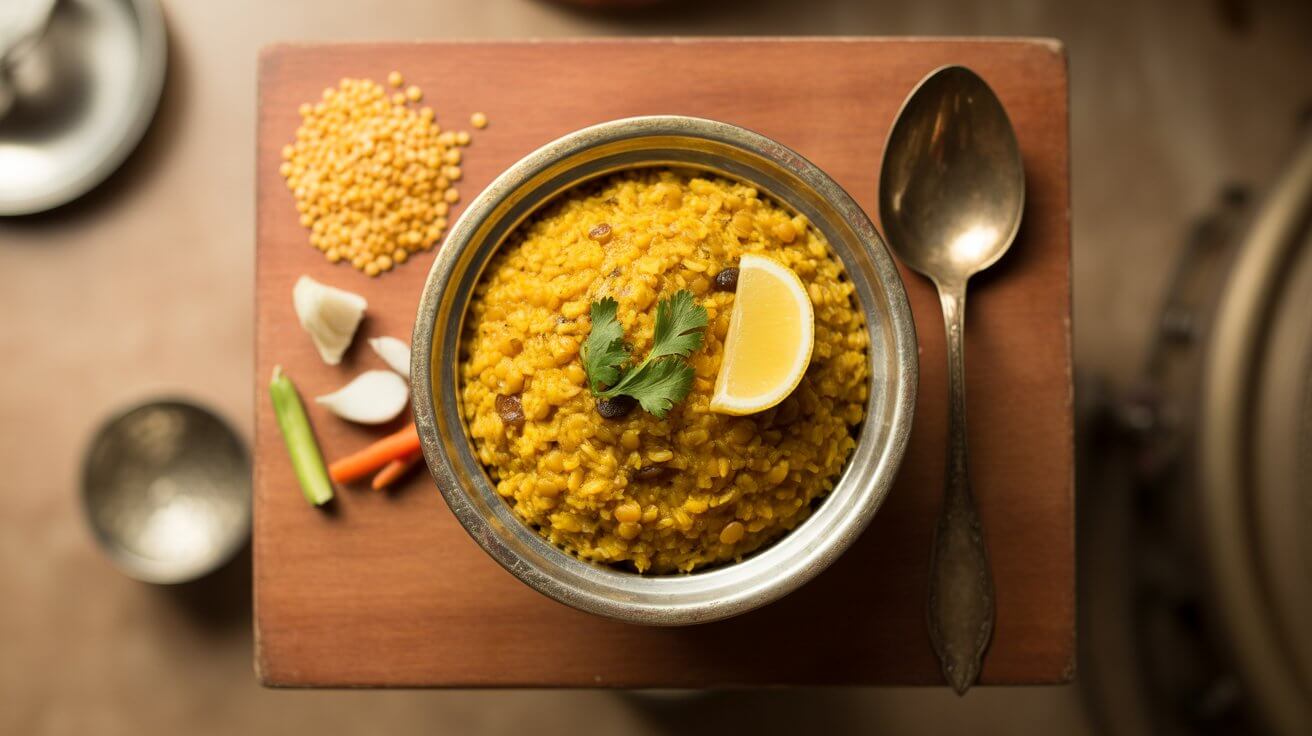
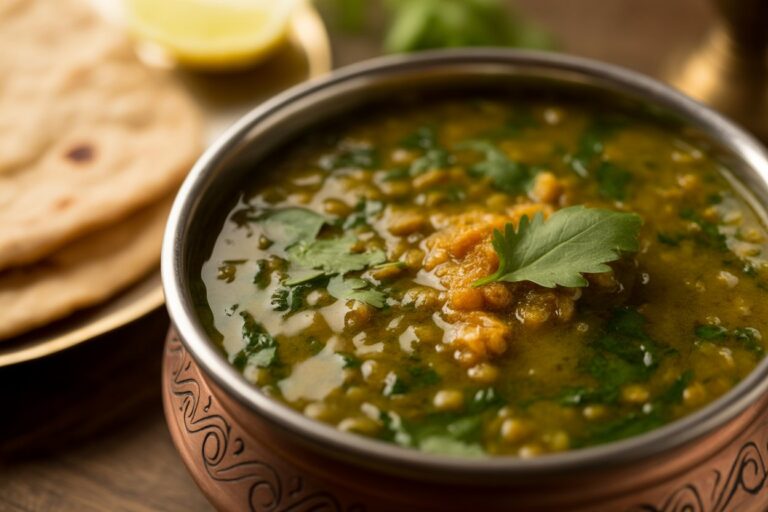
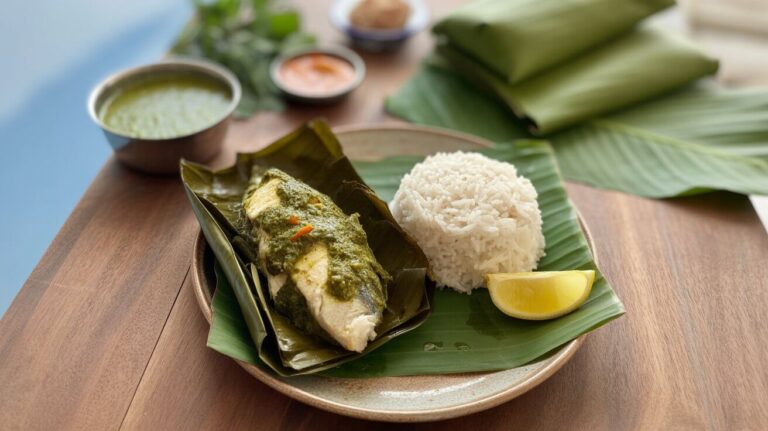
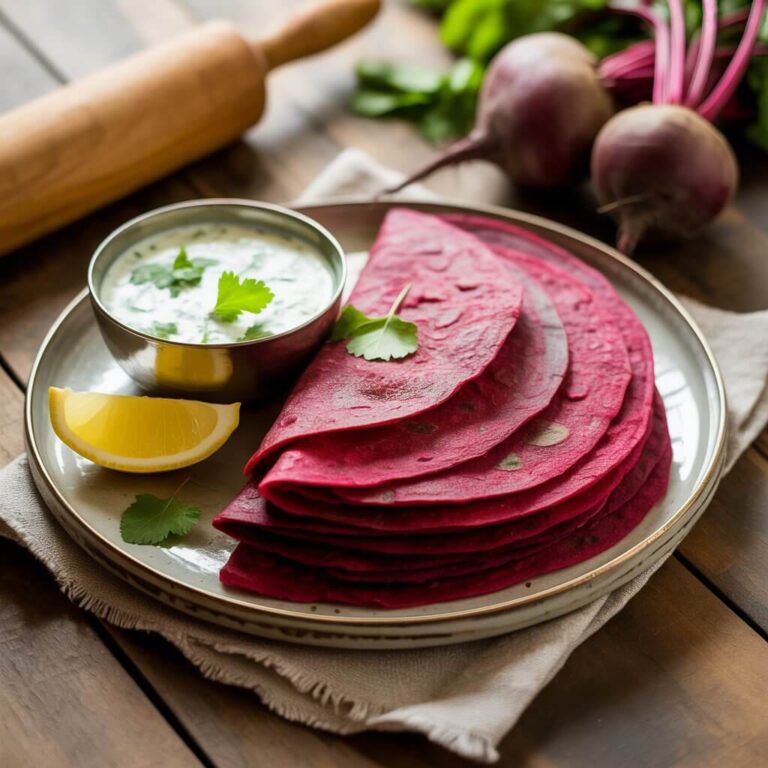

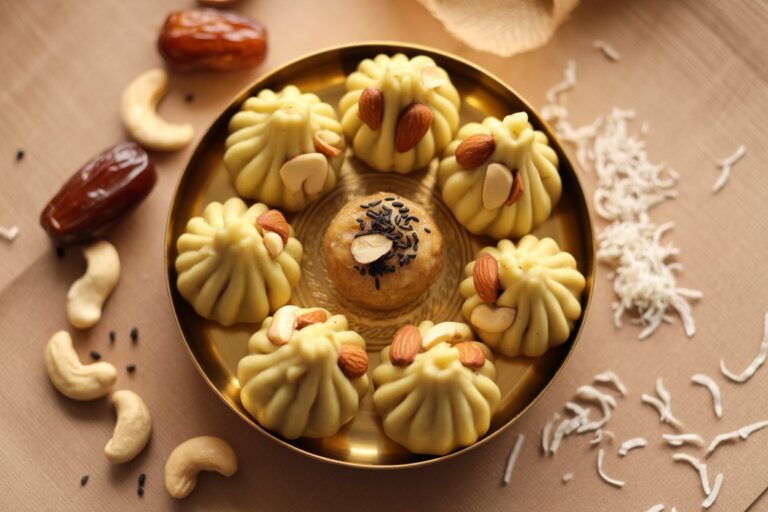
One Comment